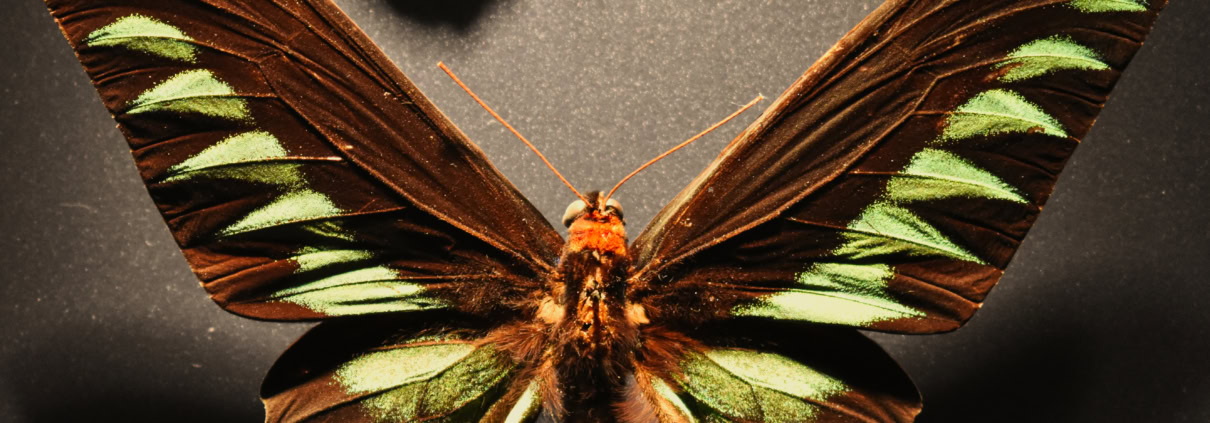Is Taxidermy Permissible?
Shafi'i Fiqh
Answered by Shaykh Irshaad Sedick
Question
Is it permissible in Islam to preserve insects and animals through taxidermy for educational purposes in a visitor center? If so, are there specific guidelines for this practice?
Answer
In the Name of Allah, the Most Merciful and Compassionate. May Allah alleviate our difficulties and guide us to what pleases Him. Amin.
According to Dar al-Ifta Jordan, taxidermy (mummification of animals) is permitted for study and research if there is no viable alternative, but only as needed. However, if it is done for adornment and boasting, it isn’t permissible because of the reasons stated below, and Allah knows best.
What is Taxidermy?
The mummification process, or taxidermy, involves removing an animal’s intestines and filling its body with chemicals to prevent decay and preserve its natural form.
Animals Lawful to Consume
There are two main categories of mummified animals. The first category includes animals whose consumption is permitted under Islamic law, such as camels, cows, sheep, and certain birds.
Typically, these animals are not subject to mummification as it is considered a wasteful expenditure, given that every part of these animals can be utilized. The second category comprises animals whose consumption is forbidden, such as dogs, lions, falcons, and similar creatures.
Animals Unlawful to Consume
Animals that were not slaughtered in accordance with Islamic ritual requirements or were prohibited for consumption, like dogs, and those that were slaughtered or died naturally, are considered impure and dead.
Dead Inedible Animals Are Considered Filth
Ibn An-Naqib states, “Impurities include urine and feces, animals whose meat is inedible whether slaughtered or found dead, excluding fish, as well as the hair of such animals. The meat of these animals is deemed impure.” [Misri, Umdat al-Salik, p. 71]
Buying and Selling Dead Animals is Unlawful
The buying and selling of dead animals is prohibited, as narrated by Jabir Ibn ‘Abdullah (Allah be pleased with him), who heard the Prophet Muhammad (Allah bless him and give him peace) during the Conquest of Mecca proclaim, “Allah and His Apostle have declared the trade of alcohol, dead animals, pigs, and idols as unlawful.” [Agreed upon]
Buying and Selling Filth is Unlawful
It is also stated, “Selling an impure item is impermissible, regardless of whether it could be purified chemically, such as the skin of a dead animal.” [Tuhfat al-Habib ‘ala-Sharh al-Khatib, 3/9]
Killing Animals for Sport
According to the Shafi’i School, the general principle is that killing animals is prohibited except for those that are harmful, as Islamic Law forbids the needless killing of animals, allowing it only for food. Consequently, exemplary punishment is also prohibited.
Bayhaqi dedicated a chapter in his book, “Al-Sunan al-Kubra,” titled “Prohibition of Killing Animals Except for Necessity,” where he includes the Hadith advising soldiers headed to Sham (Syria), “Do not slaughter sheep or camels except for food.” [Al-Sunan al-Kubra, 9/86]
Imam Tabarani, in “al-Mu‘jam al-Awsat,” mentions, “The Prophet (Allah bless him and give him peace) forbade exemplary killing.” Ibn Hajar elaborates, “He commanded that if we kill, we must do so properly and forbade exemplary killing.” [Fath al-Bari, 5:42]
Displaying Taxidermy
It is forbidden to display mummified animals as decorations since they are creatures with souls. This prohibition is evident in the Hadith where ‘Aisha (Allah be pleased with her) narrated that she had made a pillow decorated with images of animals for the Prophet (Allah bless him and give him peace), who was visibly disturbed by it and highlighted that angels do not enter a house containing images. He stated, “The angels do not enter a house with a dog or a portrait.” [Agreed upon]
Conclusion
Considering the evidence, we believe mummification of animals for the sake of study and research, while there is no other alternative, is permitted but as needed.
Mummifying animals (taxidermy) for decorative purposes is forbidden. And Allah (Most High) is the most knowledgeable. [Dar al-Ifta, Jordan]
[Shaykh] Irshaad Sedick
Checked and Approved by Shaykh Faraz Rabbani
Shaykh Irshaad Sedick was raised in South Africa in a traditional Muslim family. He graduated from Dar al-Ulum al-Arabiyyah al-Islamiyyah in Strand, Western Cape, under the guidance of the late world-renowned scholar Shaykh Taha Karaan (Allah have mercy on him), where he taught.
Shaykh Irshaad received Ijaza from many luminaries of the Islamic world, including Shaykh Taha Karaan, Shaykh Muhammad Awama, Shaykh Muhammad Hasan Hitu, and Mawlana Abdul Hafeez Makki, among others.
He is the author of the text “The Musnad of Ahmad ibn Hanbal: A Hujjah or not?” He has been the Director of the Discover Islam Centre and, for six years, the Khatib of Masjid Ar-Rashideen, Mowbray, Cape Town.
Shaykh Irshaad has fifteen years of teaching experience at some of the leading Islamic institutes in Cape Town). He is currently building an Islamic podcast, education, and media platform called ‘Isnad Academy’ and has completed his Master’s degree in the study of Islam at the University of Johannesburg. He has a keen interest in healthy Prophetic living and fitness.
